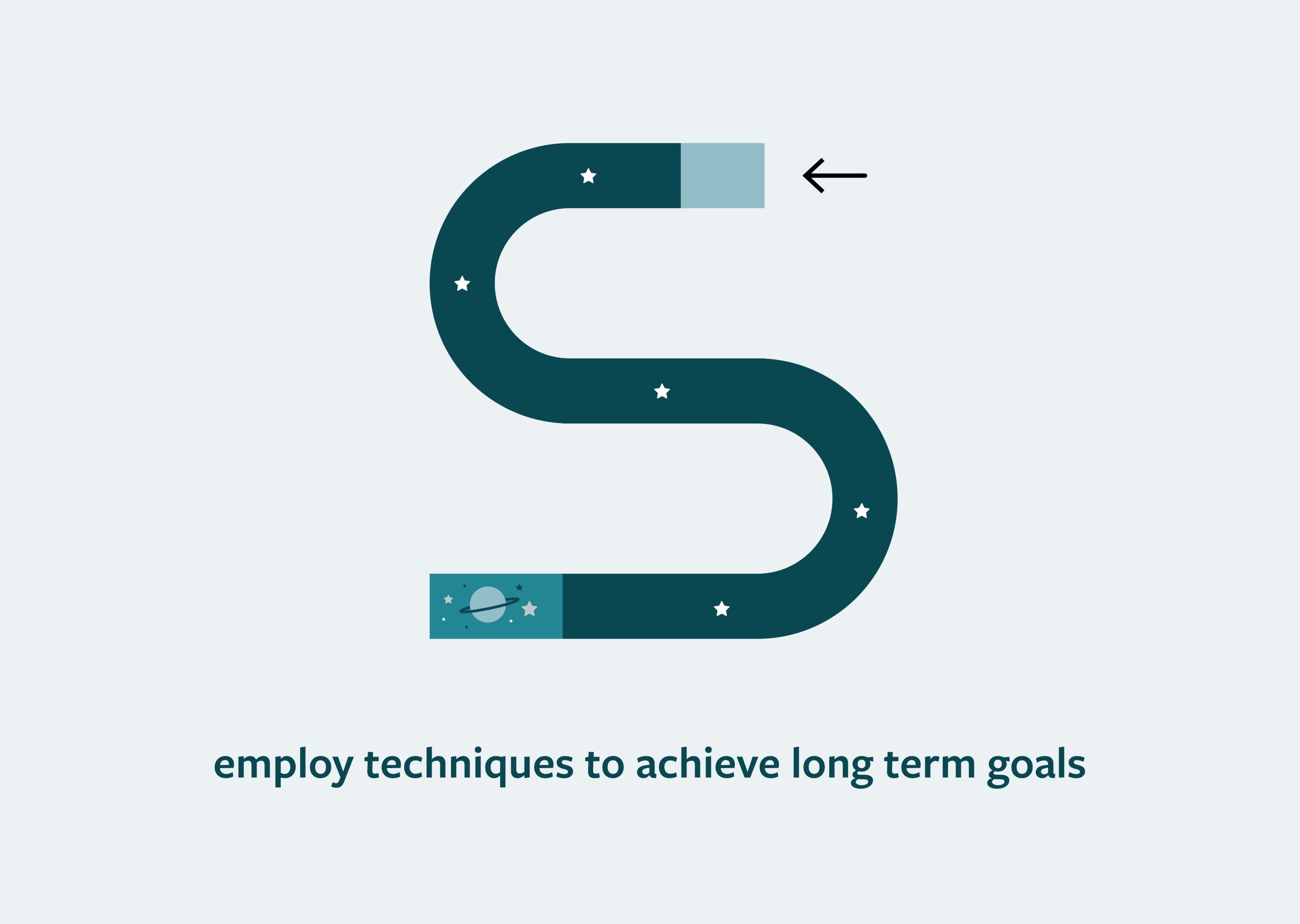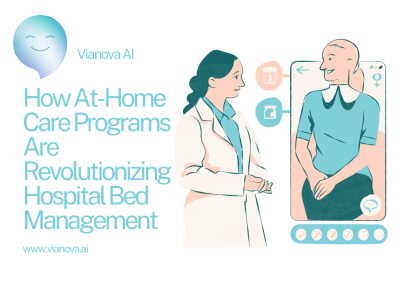
Decoding Hyperbolic Discounting: Navigating Choices for Long-Term Wellness
In our fast-paced world, where instant gratification is often prioritized, it can be challenging to make choices that benefit us in the long run. One of the reasons for this is hyperbolic discounting, a cognitive bias that leads us to prefer immediate rewards over delayed, more significant benefits. Understanding and combating hyperbolic discounting is crucial for building healthy habits that promote long-term wellness. In this blog post, we will explore how behavioral economics can help us overcome this bias and make better choices for our overall well-being.
What is Hyperbolic Discounting?
Hyperbolic discounting refers to the tendency of individuals to prefer immediate rewards over larger rewards that are delayed. This cognitive bias causes us to undervalue future benefits, even when they hold exponentially greater value compared to immediate gains. For instance, someone may choose to indulge in a sugary dessert today instead of maintaining a healthy diet, despite the latter offering long-term health benefits and overall well-being.
The Impact on Decision-Making:
Hyperbolic discounting can have significant implications for our decision-making, particularly in areas that affect our long-term wellness. Here are a few examples:
Financial Planning:
When it comes to saving for retirement or long-term financial goals, hyperbolic discounting can hinder our ability to make prudent decisions. We might prioritize immediate spending over saving for the future, leading to financial instability down the line.
Healthy Eating Choices:
Hyperbolic discounting can influence our dietary decisions. We may opt for unhealthy, instant gratification foods instead of making choices that support our long-term health. The allure of immediate pleasure can overshadow the benefits of a balanced diet.
Overcoming Hyperbolic Discounting:
Fortunately, behavioral economics offers strategies that can help us overcome hyperbolic discounting and build healthier habits. Here are a few techniques:
Precommitment:
Precommitment involves making decisions in advance that align with our long-term goals. By setting clear intentions and creating binding commitments, we can reduce the influence of hyperbolic discounting. For example, committing to a monthly savings plan or meal prepping healthy meals in advance.
Structured Incentives:
Designing systems that provide immediate rewards for positive behaviors can help counteract hyperbolic discounting. For instance, rewarding yourself after completing a workout or achieving a specific health milestone. These immediate rewards can reinforce the long-term benefits and create a positive feedback loop.
Framing and Visualization:
Presenting future rewards in a more tangible and relatable manner can help overcome the bias of hyperbolic discounting. Visualizing the long-term benefits of healthy habits, such as improved fitness, increased energy levels, or reduced healthcare costs, can make them feel more immediate and appealing.
Habit Formation:
Building healthy habits requires consistent effort and repetition. By focusing on small, manageable changes and gradually incorporating them into our daily routines, we can reduce the allure of immediate rewards and reinforce healthier behaviors over time. The key is to start small and build momentum gradually.
Hyperbolic discounting poses challenges to building healthy habits and making choices that promote long-term wellness. However, by leveraging insights from behavioral economics, we can overcome this bias and make better decisions. By employing techniques like precommitment, structured incentives, framing, and habit formation, we can align our present actions with our long-term goals, leading to improved overall well-being. Let’s strive to overcome the allure of immediate gratification and build a future that is both satisfying and healthy.



FEEL FREE TO DROP US A LINE.